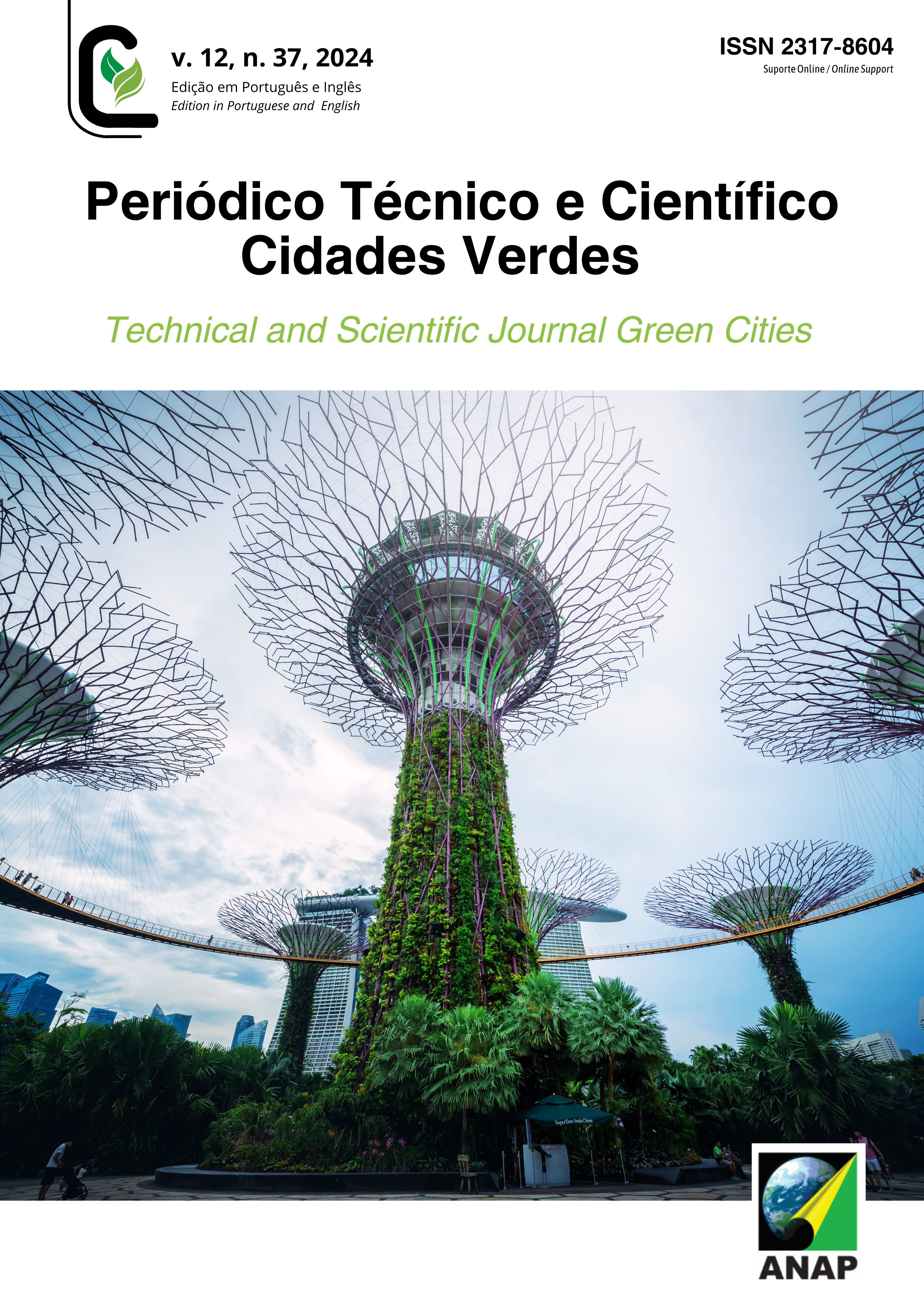Cementitious matrices using construction and demolition waste to reduce the environmental impact of paving blocks
DOI:
https://doi.org/10.17271/23178604123720245240Keywords:
Construction and demolition waste, Paving blocks, Environmental impact reductionAbstract
The construction industry is responsible for the intensive consumption of natural resources and the generation of large volumes of construction and demolition waste (CDW), which are often disposed of improperly. This research developed concrete blocks using recycled CDW aggregates, promoting sustainability and circular economy by reusing these materials in urban infrastructure. Waste was collected from a recycling plant over five months, selecting Brita 1, Brita 0, and Pó de Brita to compose the concrete mixes. Particle size distribution, bulk density, and specific gravity tests were performed, and blocks and specimens were molded with 100% replacement of natural aggregates by CDW. The compressive strength tests were carried out at 14 and 28 days, while the abrasion test was performed only at 28 days. X-ray fluorescence (XRF) and Scanning electron microscopy (SEM) were used to characterize the products. The results indicated a compressive strength of 34.3 MPa at 28 days, close to the minimum required by the standard (35 MPa). XRF analysis showed a predominance of SiO₂, CaO, Al₂O₃, Fe₂O₃, MgO, SO₃, and K₂O oxides, all within normative limits. Leaching and solubilization tests, conducted according to NBR 10005 and NBR 10006, classified the waste as non-hazardous and non-inert. This study demonstrates that using CDW in concrete block production is a viable and sustainable alternative, contributing to waste reduction, material reuse, and the development of sustainable urban infrastructure.
Downloads
Downloads
Published
Issue
Section
License
Copyright (c) 2024 Technical and Scientific Journal Green Cities

This work is licensed under a Creative Commons Attribution 4.0 International License.















